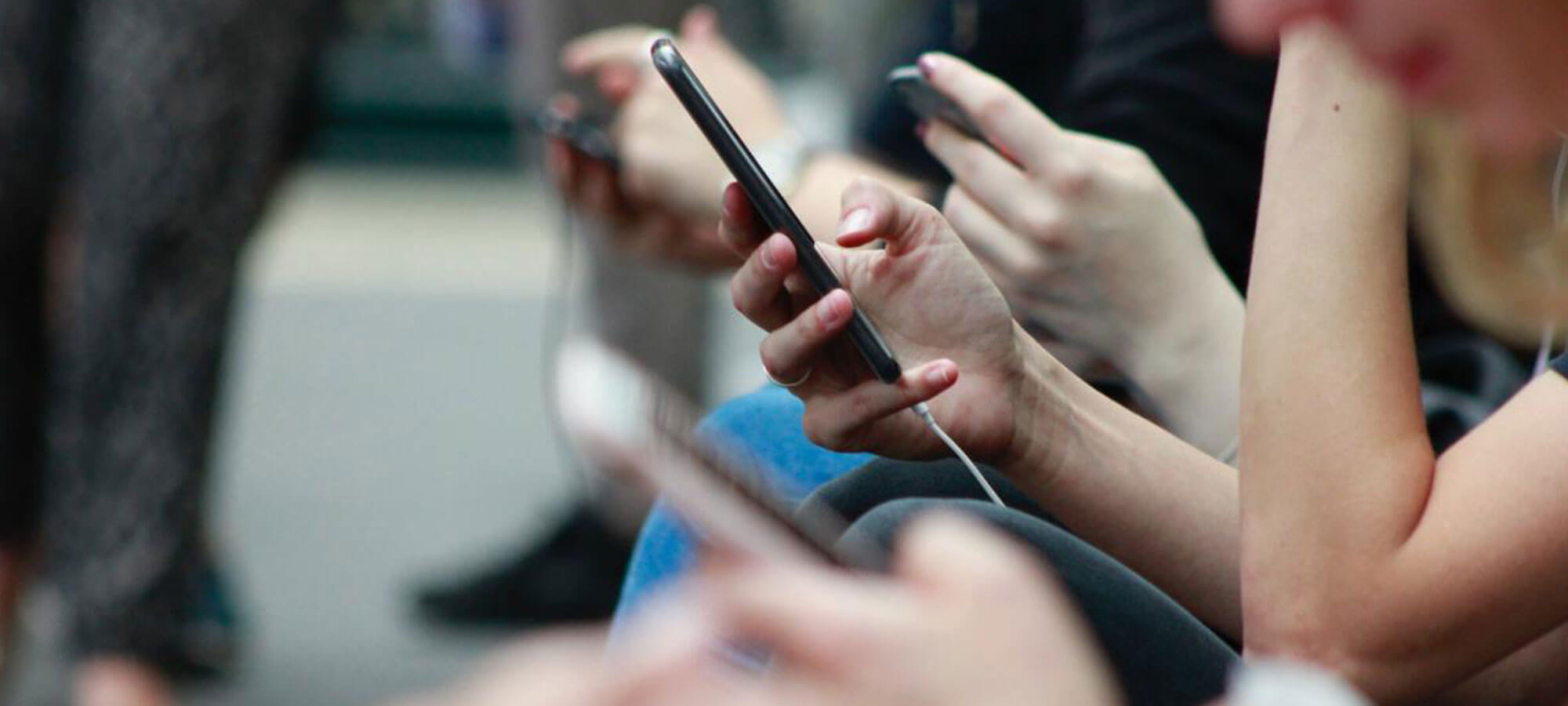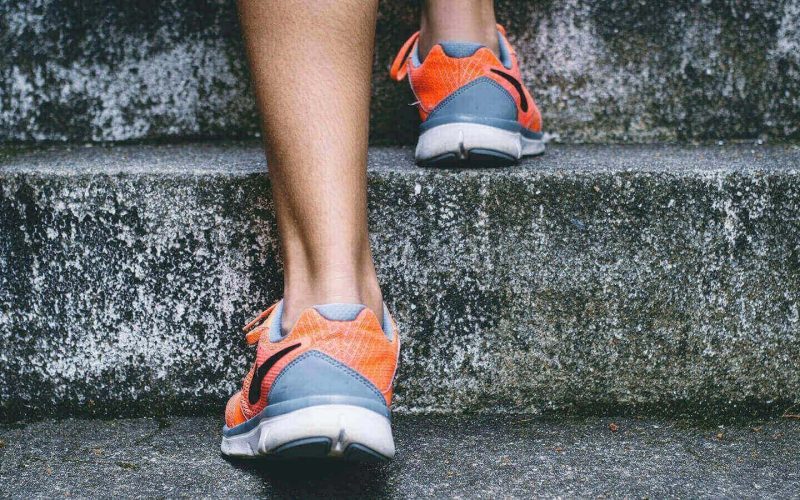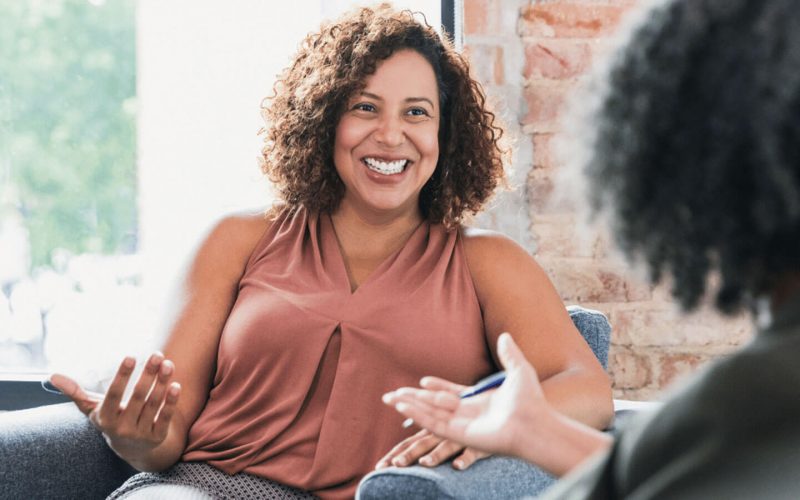
Social media has many benefits, such as providing a platform for people to speak on issues and matters that are important. Social media can bring together communities and champion causes.
On the flip side, we also know that social media can have a negative impact on our mental health. This could be because of comparing ourselves to unrealistic standards or lifestyles online, feeling compelled to check our phones frequently, cyberbullying, isolation, and many more.
While it’s important to acknowledge some of the benefits that social media can have for us, such as providing a platform for people to speak on issues and matters that are important and bringing together communities, it’s also important to recognise how social media can have a negative impact on our well-being and mental health.
Some of these negative experiences may be:
- Unrealistic standards or lifestyles presented online
- Feeling compelled to check your phone frequently
- Cyberbullying
- Isolation
How to spot when social media is negatively affecting your mental health:
- Comparison – comparing your life, your appearance, etc, to people you see online.
- Impacting your mood – after using social media, do you notice feeling low, anxious, or stressed?
- Feeling distracted at school or work – are you finding it difficult to concentrate at work or school, because you feel pulled to check and use social media?
- Isolation – are you spending more time alone, using social media, than you are having face-to-face conversations with friends and family?
How to take care of your mental health when using social media:
- If you are struggling with comparison when using social media, try to remind yourself that a social media feed/profile is essentially a highlight reel of someone’s ‘best bits’, which may or may not reflect reality. Think about who you follow on social media and consider unfollowing accounts that leave you feeling low or stressed.
- If you notice that you are feeling worse after spending time on social media, it may be helpful to take some steps towards reducing time spent online. For example, you could use an app that tracks how much time you spend on social media, and make a plan to limit the amount bit by bit.
- If you are feeling distracted at work/school due to social media, try turning off your phone at certain times during the day. Many of us don’t realise how often we check our phones and social media, so turning off your phone could be helpful. If you work in a job that requires you to use your phone throughout the day, try turning off your social media notifications to give you more control over your distractions.
- If you’re feeling isolated, try catching up with a friend or spending time with family. It could be something as small as grabbing a cuppa with a friend, or going for a walk with a loved one. A great way to meet new people is by joining a local club such as a creative class or a fitness activity, there are many different options to choose from. This could help you build new and meaningful connections.
- If you suspect that your use of social media could be to avoid dealing with underlying problems, try making a list of different areas in your life that you feel you may be struggling with. If there are areas in your life that you may be finding difficult, it may be worth considering talking therapy. Alongside this, you could also try taking up a new or old hobby, practice mindfulness, and take time to reflect each day.
References:



